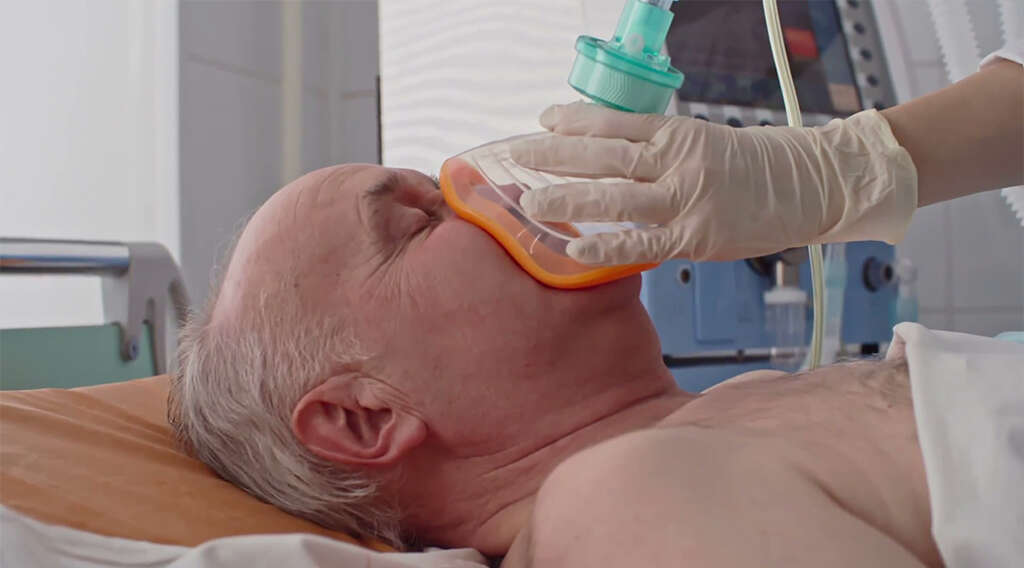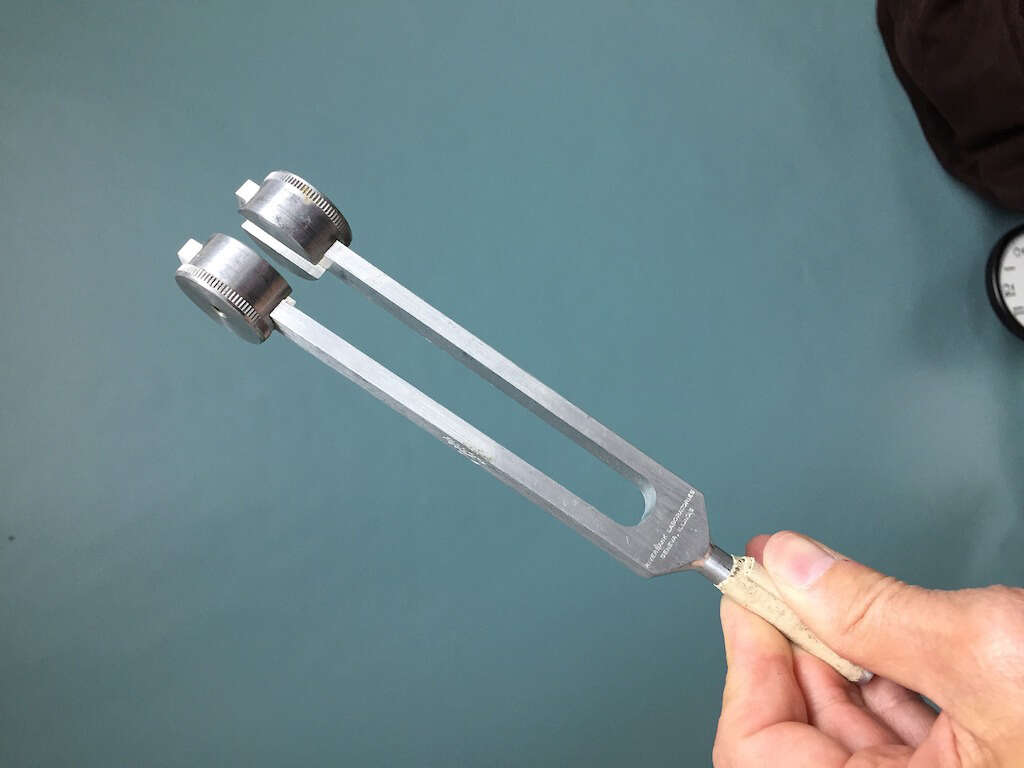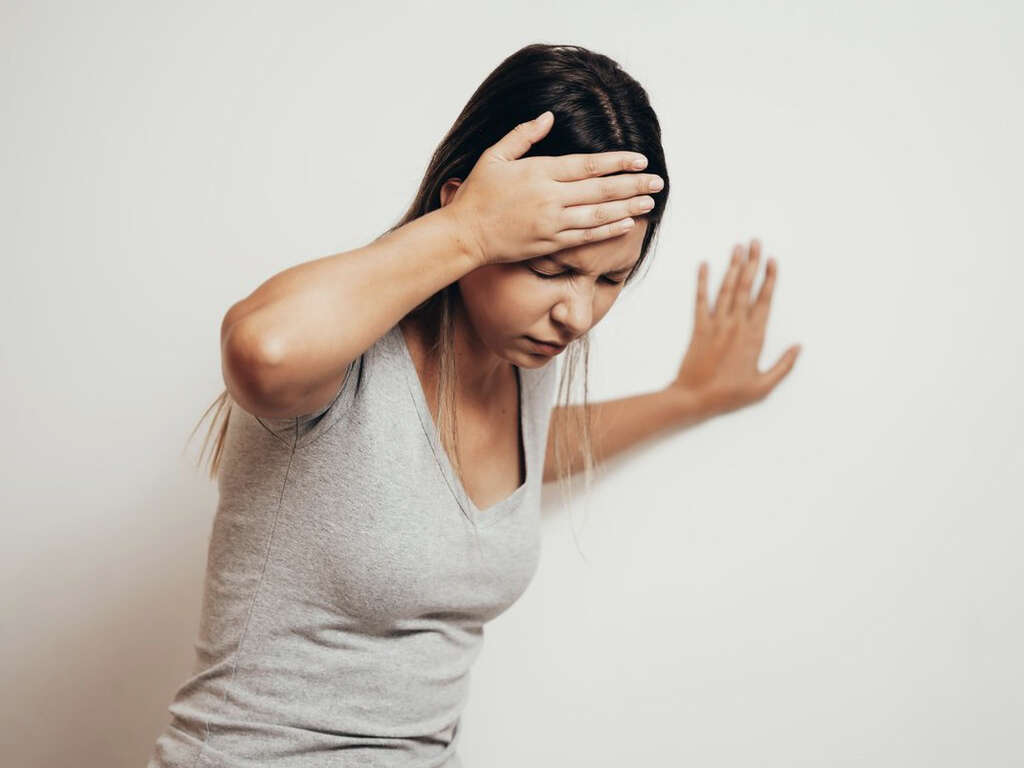10 Causes of Fainting
You may have fainted at some point in your life. If not, chances are that you know someone who has fainted at least once. Some people faint quite frequently, and in many cases fainting can become a problem that is serious and life-threatening.
Unfortunately, many people are unaware of the reason that they are fainting. Some people may faint several times a month but decide that they’re not fainting enough to go seek medical help. Other people have sought medical help and have not received a proper diagnosis.
Whatever the case, it’s important to try and understand the causes of fainting. If you are fainting frequently, you should seek medical help regardless. However, if you’re also experiencing any of the following things, then you may have a better understanding as to what to tell your doctor.

Cause #1: Being Dehydrated
One of the most common causes of fainting is dehydration. Despite the fact that you will have to be seriously dehydrated to experience a fainting spell, this is still fairly common among people who faint.
If you’re not consuming enough fluids, then your body will become dehydrated. This means that your organs and tissues don’t have the necessary amount of liquid to function. In cases of serious dehydration, the brain will begin to experience impaired function.
This is generally first observed as dizziness or lightheadedness. If you have experienced a headache that went away after drinking a glass of water, then this is also another sign of dehydration. However, if this dehydration is not quenched, you will be likely to fully lose consciousness.
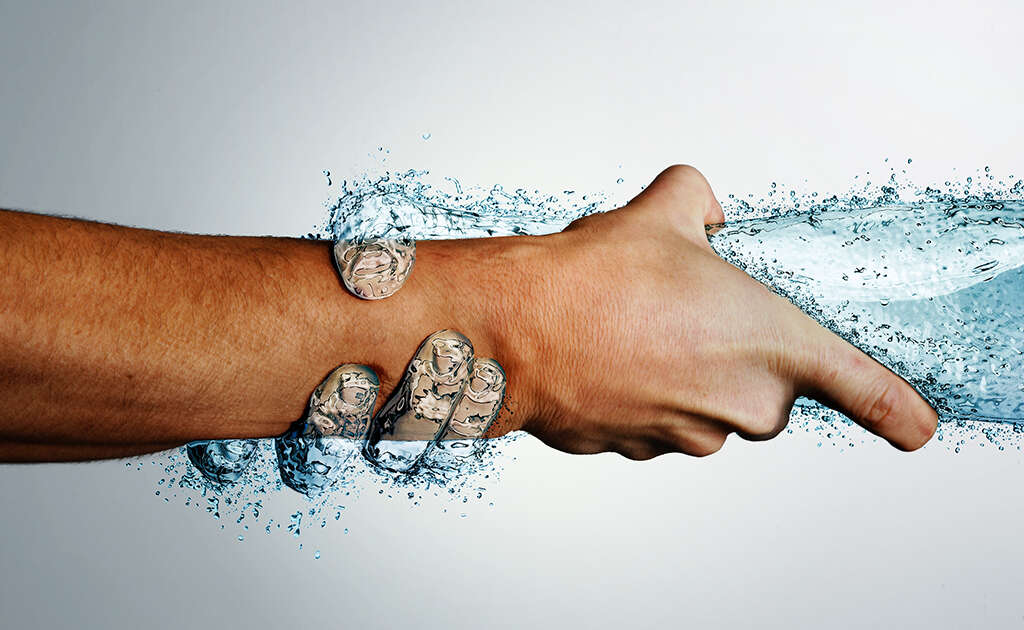
Cause #2: Coughing
Don’t worry – if you just have a simple dry cough, chances are you’re not going to pass out from coughing. However, in comparison to the many reasons that people faint, coughing is actually one of the more common causes.
This is because coughing strains your body and reduces the amount of oxygen that is available for the organs - including the brain. People who experience intense fits of coughing, like people who suffer from conditions like bronchitis or pneumonia, may be liable to pass out after having an intense coughing fit.
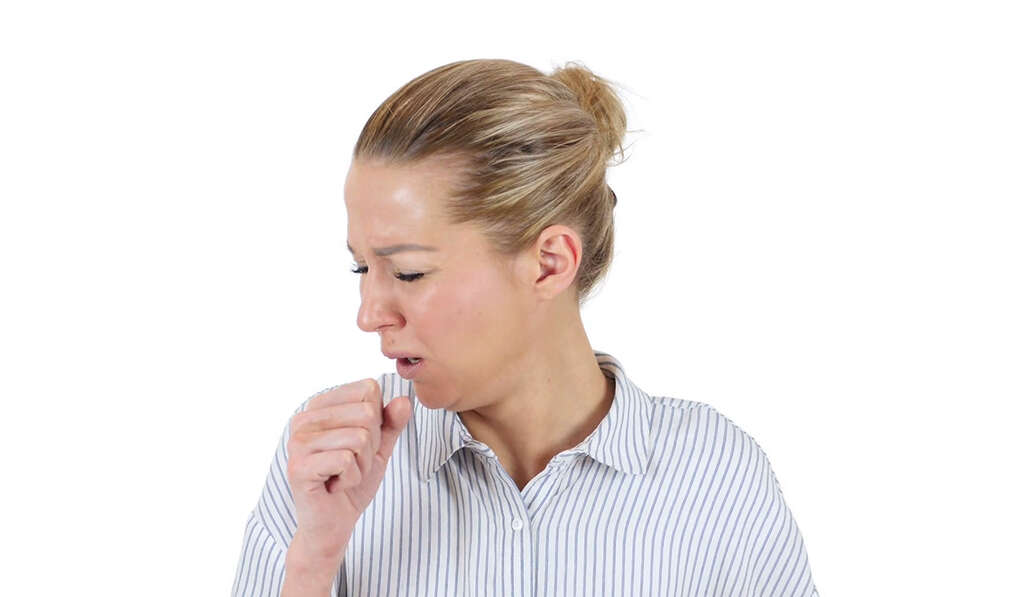
Cause #3: Cardiovascular Problems
Cardiovascular problems – heart problems, in essence – can be varied. There are a number of them that can make someone more likely to lose consciousness during their day. Fainting spells are known as syncopes, and cardiovascular fainting spells are known as cardiac syncopes.
If you are at risk of fainting because of a heart problem, chances are the problem is quite serious. If you’re experiencing heart-related issues such as heart palpitations, spontaneous increases in heart rate, chest pains, or other problems related to your cardiovascular system, you should seek medical help.

Cause #4: Medicine
It’s no secret that the majority of medications carry with them some sort of side effects. One of the more serious side effects that can result from medication are fainting spells.
It’s quite common for people to experience dizziness or queasiness from medication. In many cases, these problems are caused by a reduction in blood pressure. If this blood pressure loss is not identified and managed properly, it can deprive the brain of oxygen and cause someone to faint.
The most common types of drugs that are known to cause fainting include antidepressants and drugs that directly affect blood pressure. Anti-allergens are also known to cause fainting.
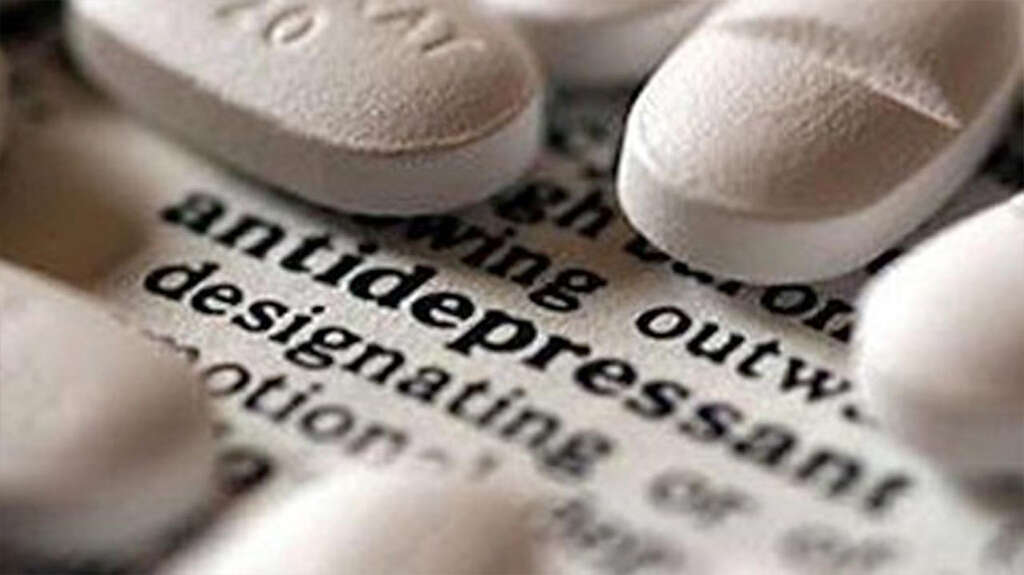
Cause #5: Hunger
You’ll have to be pretty hungry to faint from lack of food. However, this is certainly a problem for some people who don’t have access to food.
While it’s not likely that you’ll faint from simply skipping a meal, people who are prone to other medical problems may experience this. If your blood pressure is at risk or you have other medical problems, it’s important to make sure that you get food when you need it. If you don’t, you may be more likely to fall unconscious.

Cause #6: Diarrhea
It’s not likely that diarrhea itself will cause you to fall unconscious. However, there are a number of conditions that cause diarrhea that are also known to cause fainting.
Viruses, medication, food, allergies, stress, and other medical problems can all contribute to both diarrhea and fainting. If you have experienced any sudden changes in your health, or if you’ve made any drastic changes in your life – such as taking a new medication – and are experiencing diarrhea, be cautious of losing consciousness during your day. Diarrhea can also cause dehydration and as we know, dehydration can lead to fainting.

Cause #7: Anxiety
Anxiety and panic attacks are known to cause a number of symptoms. Among these are increased heart rate and hyperventilation. Both of these problems on their own are known to cause fainting spells because of the way that they affect blood pressure and the oxygenation of the brain.
If you are prone to serious bouts of anxiety or panic then you may want to practice breathing exercises or ensure that you have a backup plan to maintain calmness in the situations that cause you to become anxious. Without these emergency measures you may find yourself passing out at inappropriate times.
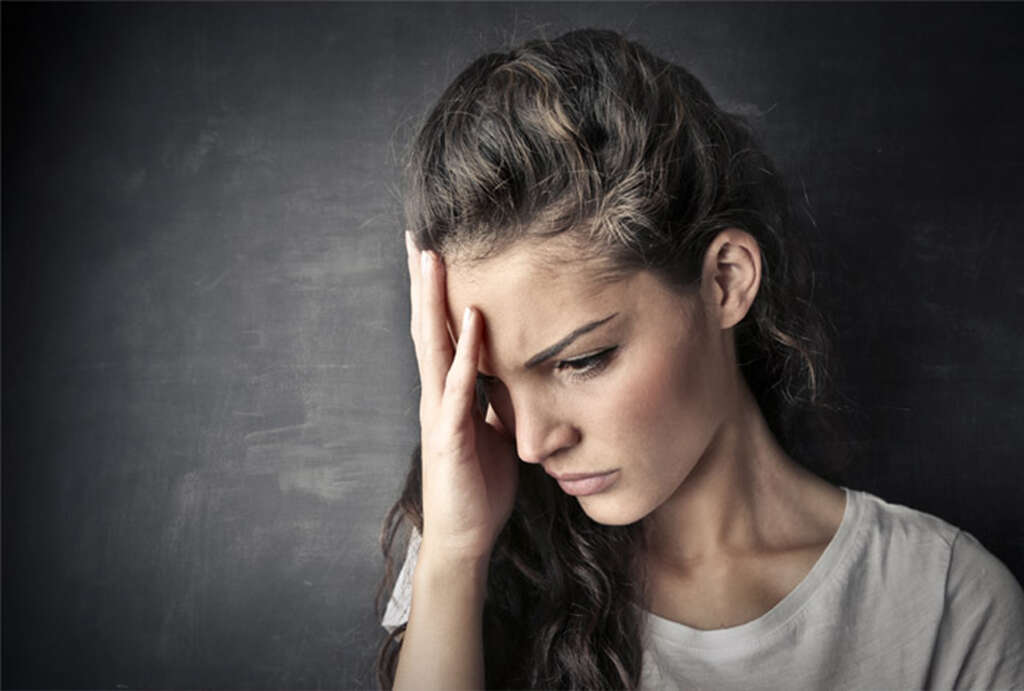
Cause #8: Diabetes
There are many complications that can arise among patients suffering from diabetes. Diabetics are prone to experiencing high blood sugar, and they must partake in certain lifestyle changes to help ensure their optimal health.
If they don’t make sure to develop a lifestyle suited to a diabetic then they are more likely to experience these problems. One of the more common problems that’s associated with diabetes is fainting.
This is more common with people suffering from type I diabetes. However, it can certainly occur with both types of diabetes.

Cause #9: Anemia
Anemia is a condition that occurs when your red blood cells, which carry oxygen to your tissues and organs, are not produced in the necessary amount. Thus, your body suffers and cannot function at its optimal level.
People with anemia are quite frequently tired. They may become disoriented. If the problem is not treated then they are prone to becoming dizzy and eventually losing consciousness. Anemia can vary in its intensity, but the longer that it is present, the more likely you are to faint because of it. If you think that you’re suffering from anemia then you should let your doctor know.
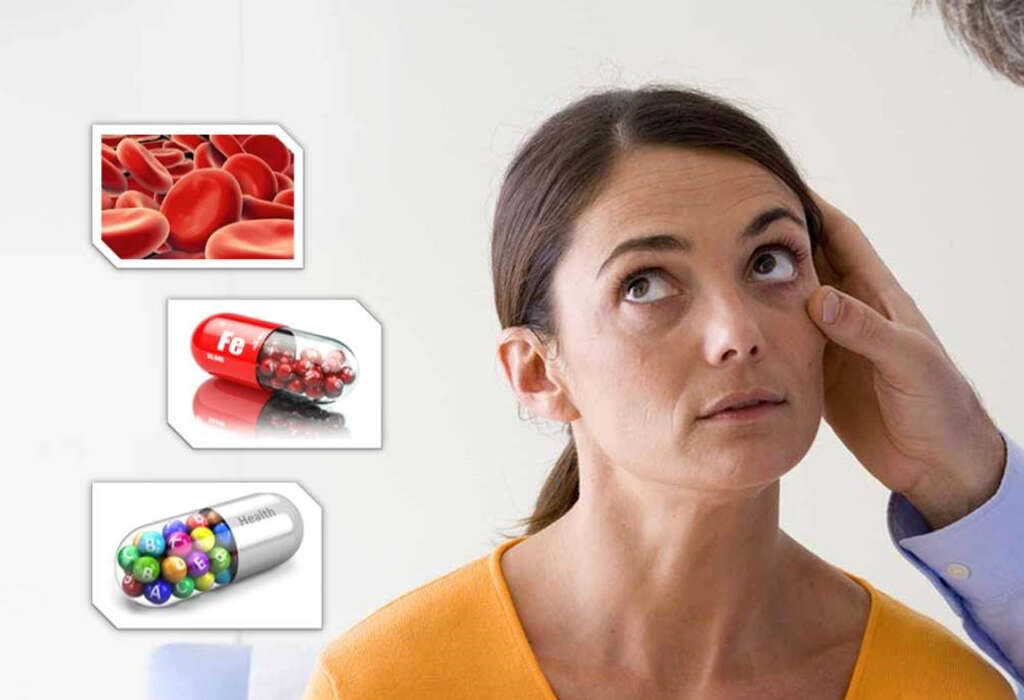
Cause #10: Seizures
It’s not uncommon for someone having a seizure to lose consciousness. In fact, this is quite common.
That said, if you have identified the cause of your fainting to be a seizure, then you should immediately seek emergency medical attention. The complications of having a seizure can be very serious and quite dangerous and should be addressed as soon as possible.
